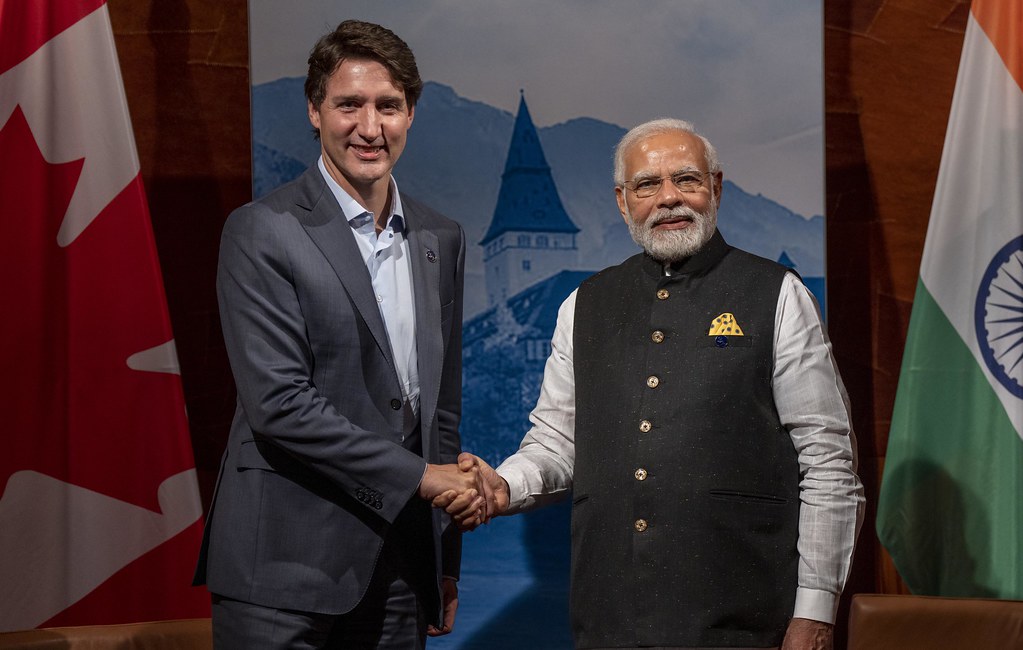NEW DELHI (AP) — A deepening diplomatic conflict between Canada and India has significantly strained their bilateral relationship, stemming from the assassination of a Sikh activist in Canada and subsequent allegations of state-sponsored crimes. The fallout has resulted in the expulsion of top diplomats from both nations, marking a low point in their relations.
The diplomatic standoff, which has been escalating for over a year, poses a serious challenge to what was once a promising partnership. Experts warn that the repercussions of this dispute could have far-reaching consequences, including setbacks for India’s aspirations on the global stage.
“India-Canada relations, which have been deteriorating since last year, will face a prolonged period of recovery,” said Praveen Donthi, senior analyst with the International Crisis Group.
The tension escalated following Canada’s assertion that a senior Indian diplomat is a person of interest in the 2023 assassination of Sikh activist Hardeep Singh Nijjar. Canada’s Foreign Minister, Mélanie Joly, further implicated five other Indian officials, tying them to the killing. Canada claims it has gathered clear evidence linking these individuals to the incident.
India has rejected the accusations as baseless and responded by expelling several Canadian diplomats. The issue of Sikh separatist movements, particularly the Khalistan movement, has long been a sensitive point for India, and it views Canada’s stance on this issue as lenient.
Hardeep Singh Nijjar, a prominent figure in the Khalistan movement, was labeled a terrorist by India in 2020 and was wanted for alleged involvement in violent activities. He was shot and killed outside a Sikh temple in British Columbia in June 2023. Canadian authorities have since accused Indian agents of orchestrating the attack.
Michael Kugelman, a senior analyst at the Wilson Center, pointed out that India’s response to the public accusations has been unusually strong, likely due to the sensitive nature of the allegations. “New Delhi is extremely sensitive to external criticism, particularly when made so publicly,” Kugelman said.
Canada’s position has drawn international attention, and comparisons have been made to a similar accusation leveled by the United States last year. U.S. officials claimed that an Indian government officer was involved in a failed assassination plot targeting another Sikh separatist in New York, though no charges were filed at the time.
While the U.S.-India relationship continues to thrive, fueled by larger geopolitical concerns, analysts believe that India’s more aggressive stance towards Canada reflects the relatively lower stakes involved. Donthi suggested that India’s reaction is also aimed at domestic audiences, showcasing Prime Minister Narendra Modi’s assertive stance against foreign criticism.
Despite the current tensions, the diplomatic rift between India and Canada may have wider consequences, affecting India’s broader strategic goals. As India works to align itself with Western democracies, especially in its rivalry with China, the deterioration of relations with Canada could complicate its efforts to assert itself as a rising global power.
“The Canadian allegations come at a time when India was benefiting from favorable international relations,” Donthi noted. “This rift introduces a new challenge to India’s ambitions on the world stage.”












Leave a Reply